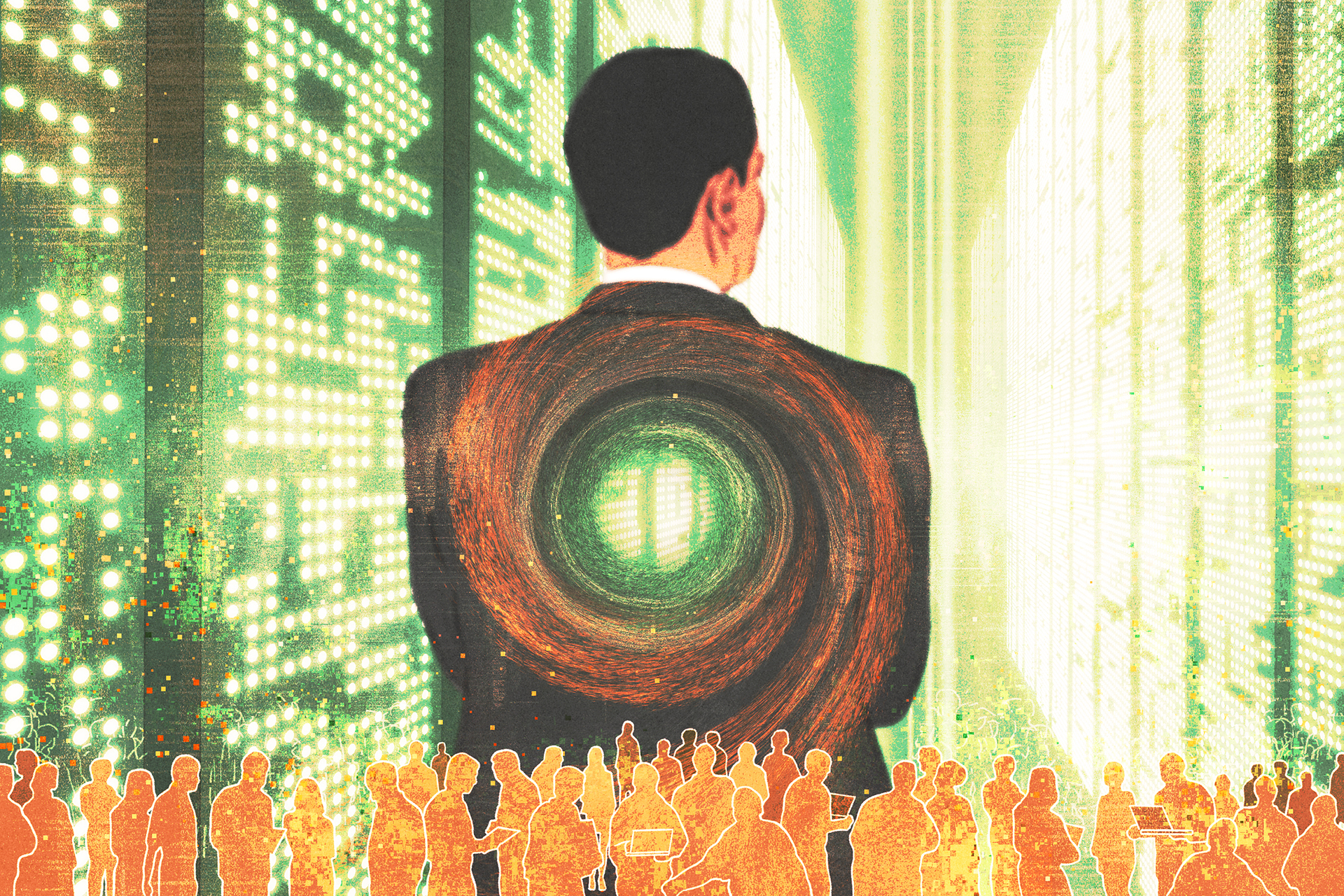The Rise of the Machines: A Journalist’s AI-Fueled Identity Crisis
The march of progress often leaves casualties in its wake, and in the burgeoning era of artificial intelligence, one journalist is facing an existential reckoning. Like many of us, he’s had a year of unsettling realisations. But beyond the political polarisation, the aches and pains of aging, and the eternal suffering of sports fans, this writer has stumbled upon a truth that strikes at the very heart of his profession: AI, specifically tools like ChatGPT, might just be better at his job than he is.
For years, his livelihood has depended on the ability to synthesize complex information – news articles, academic studies – into easily digestible summaries, a skill sought after by those looking to feign productivity. But now, the very skills that defined his career – rapid text comprehension, crafting clear and concise prose, and projecting an air of expertise – are being replicated, and even surpassed, by AI.
The Efficiency Equation: Human vs. Machine
The crux of the issue isn’t just that AI can perform these tasks; it’s the sheer speed and efficiency with which it does so. ChatGPT can generate a coherent, informative summary in seconds, powered by nothing more than a minimal amount of electricity. This raises a critical question: in a world where information synthesis can be automated, what is the value of human expertise?
This isn’t simply a case of technological displacement. It’s a fundamental shift in the skills demanded by the information economy. The ability to regurgitate information is becoming less valuable as AI becomes more proficient at it. The real value now lies in critical thinking, creativity, and nuanced understanding – qualities that, for now, remain elusive for even the most advanced AI models.
Beyond Automation: The Future of Journalism
The journalist’s experience serves as a stark reminder of the need for adaptation in the face of technological advancement. It’s not enough to simply fear the rise of AI; instead, we must embrace it as a tool and focus on cultivating skills that complement its capabilities.
For journalists, this means moving beyond simple information synthesis and focusing on original reporting, investigative journalism, and in-depth analysis. It means bringing human empathy and perspective to stories in ways that AI cannot. The future of journalism, and indeed many other professions, hinges on our ability to evolve and redefine our roles in a world increasingly shaped by artificial intelligence. The robots may be able to write, but they can’t yet understand the human condition. That remains our unique advantage, for now.
Based on materials: Vox





